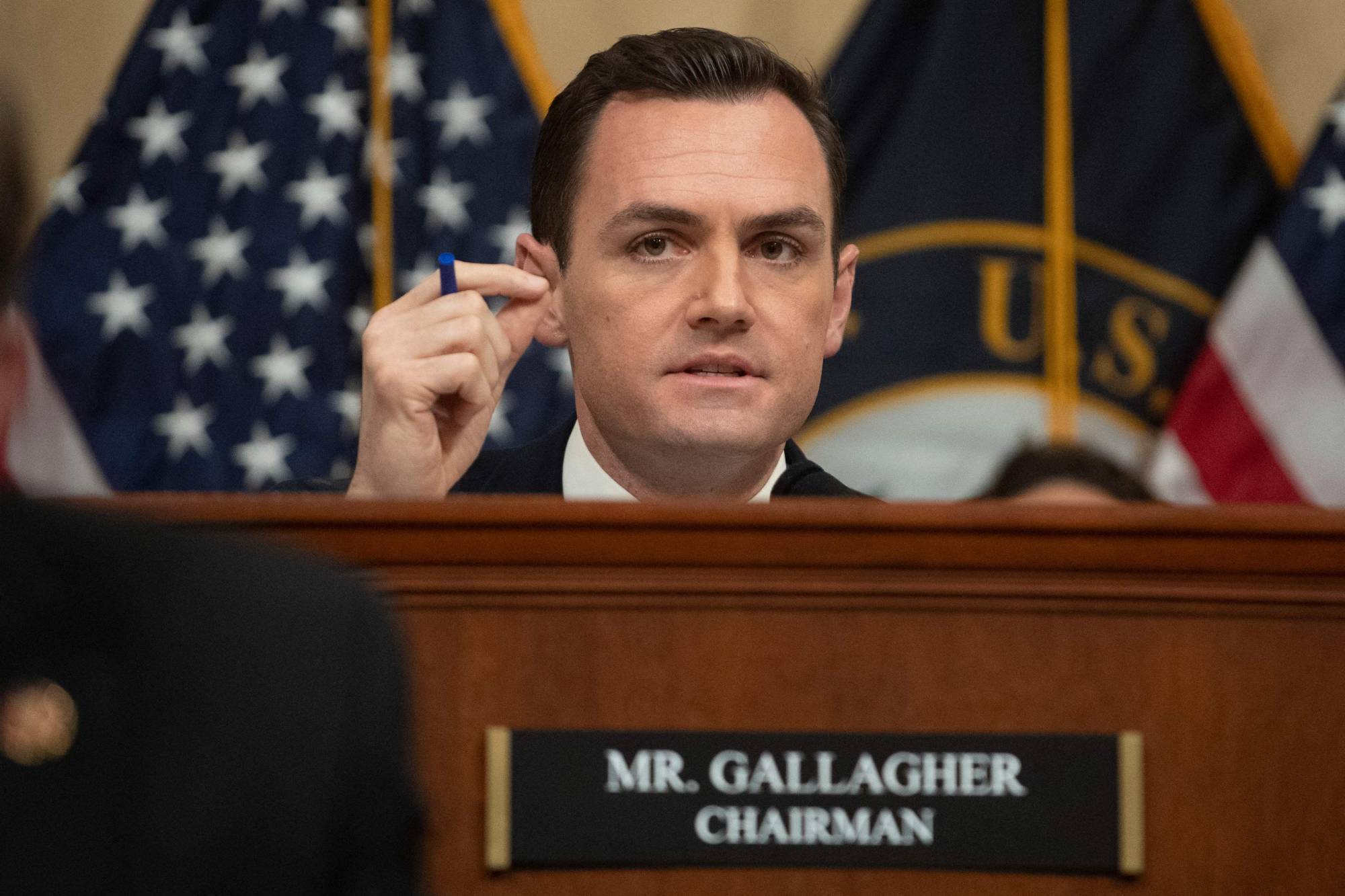The United States is running out of time to confront China over Taiwan, human rights and other issues, the head of a special congressional committee said Tuesday in Washington as the panel held its first hearing.
“We may call this a ‘strategic competition,’ but it's not a polite tennis match,” said Republican Rep. Mike Gallagher, the head of the panel. “This is an existential struggle over what life will look like in the 21st century, and the most fundamental freedoms are at stake.”
But Gallagher warned that “time is not on our side” when it comes to the challenge he said that China represents on a number of fronts.



















With your current subscription plan you can comment on stories. However, before writing your first comment, please create a display name in the Profile section of your subscriber account page.